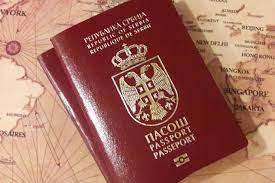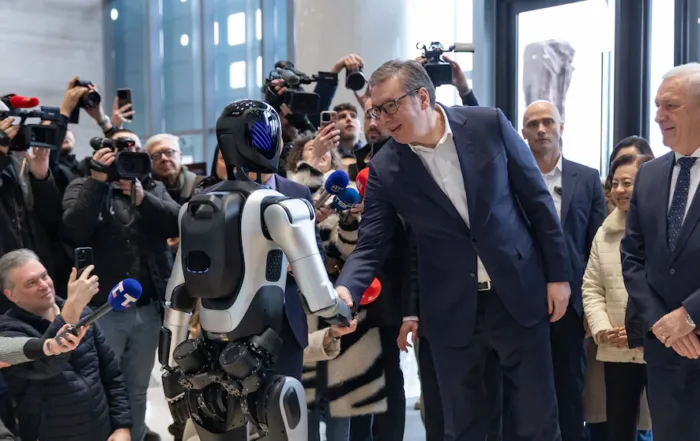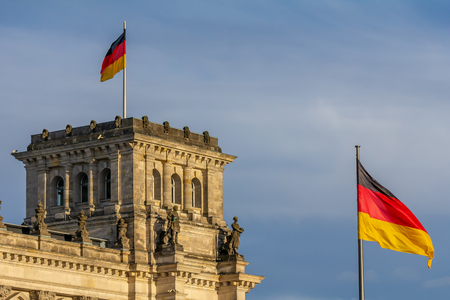Montenegro: Facial recognition in public spaces causes controversy
Montenegro: Facial recognition in public spaces causes controversy
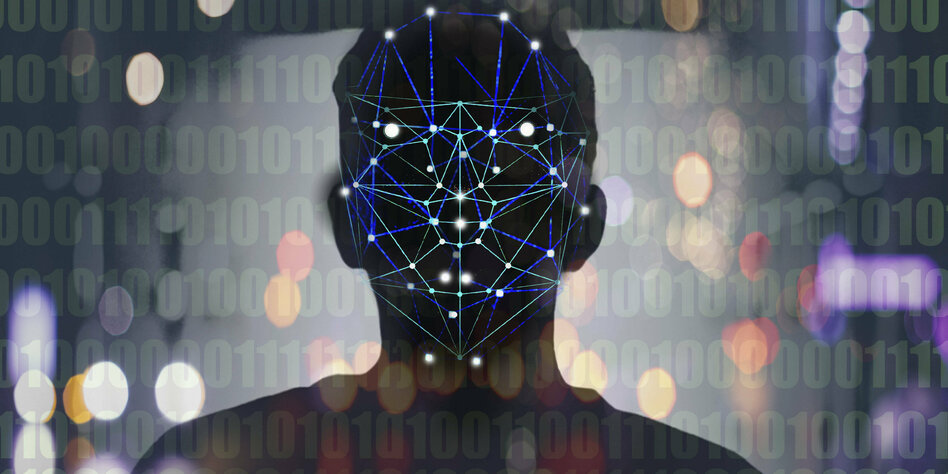
Podgorica, Bar and Budva: Facial recognition software has been installed in Montenegro’s capital Podgorica and the coastal towns of Bar and Budva. However, the system is not yet fully operational and its introduction has raised concerns about privacy and data protection.
Procurement and questionable tender: The Ministry of the Interior, then headed by Mevludin Nuhodzic, had commissioned the purchase of the “Better Tomorrow” software from the Israeli company Any Vision (now Oosto). The tender was issued without a public call for tenders and the exact purpose of use initially remained unclear.
Technical details and functionality: The “Better Tomorrow” (“OnWatch”) software enables real-time detection and tracking of “persons of interest” in crowds. The data of all people in the detected area is processed to identify the people being sought.
Criticism and concerns: Digital rights activists warn of a loss of privacy in public spaces due to biometric surveillance systems. They fear that the data collected could be misused, as it is not clearly regulated who has access to the data, how it is stored and used.
Legal regulations: The use of real-time facial recognition in public places is prohibited in the European Union under the Artificial Intelligence Act. Exceptions apply to security authorities when investigating crimes or searching for missing persons, but with judicial approval.
“Whoever controls the system can monitor the movements of all citizens retrospectively or in real time without consent and, if necessary, compare this data with other databases and make other conclusions and decisions on this basis,” says Bojan Perkov, a policy researcher at the Belgrade-based SHARE Foundation.
According to the Montenegrin Personal Data Protection Act, video surveillance is generally permitted to protect people and property, provided that people are informed. Video surveillance of public areas is permitted at the entrance to official premises and for security purposes, provided that the ministry obtains the consent of the Agency for Personal Data Protection before processing biometric data.
Ambiguities and open questions: The Prosecutor’s Office of Montenegro told BIRN that it was reviewing the 2019 tender for the purchase of video surveillance. It declined to provide details.
Between the Ministry’s announcement of the tender in October 2019 and the signing of the contract with the winning bid less than two months later, the tender text was amended six times and the part concerning the technical characteristics or specifications was declared secret.
Between the Ministry’s announcement of the tender in October 2019 and the signing of the contract with the winning bid less than two months later, the tender text was amended six times and the part concerning the technical characteristics or specifications was declared secret.
In November 2021, the Montenegrin daily Vijesti reported that the new ministry leadership had determined that the tender had been amended to require only certain equipment available from one of the bidders and that the technical data had been copied from the manufacturer itself.
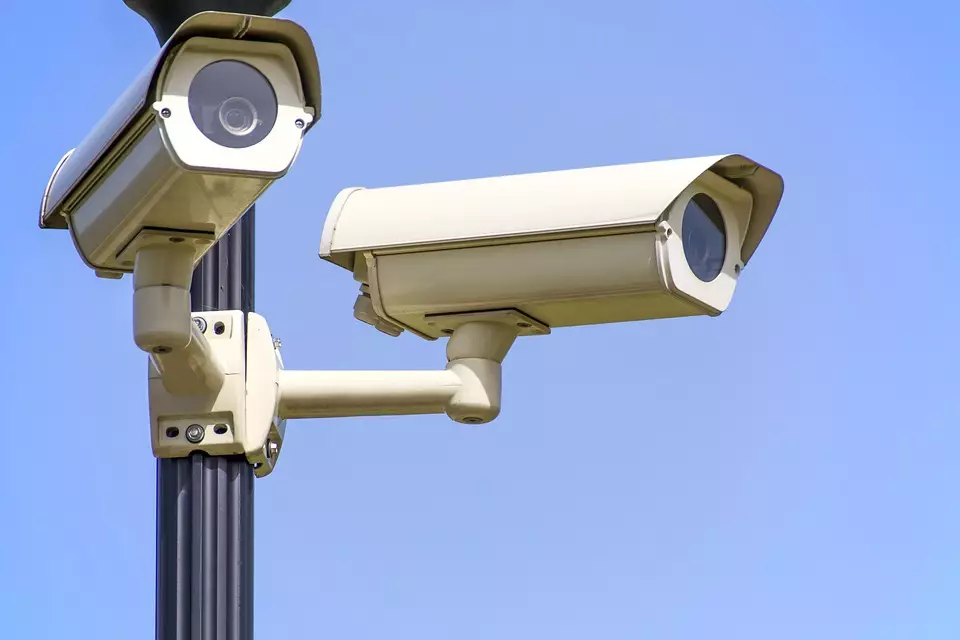
Discussion about benefits and risks: Proponents of facial recognition argue that it improves security and fights crime. Opponents, on the other hand, emphasize the risk of misuse and the restriction of civil liberties.
Conclusion: The use of facial recognition software in Montenegro raises a number of questions and concerns. The necessity and benefits of the system contradict the potential risks to citizens’ privacy and civil liberties.
Source: balkaninsight.com

